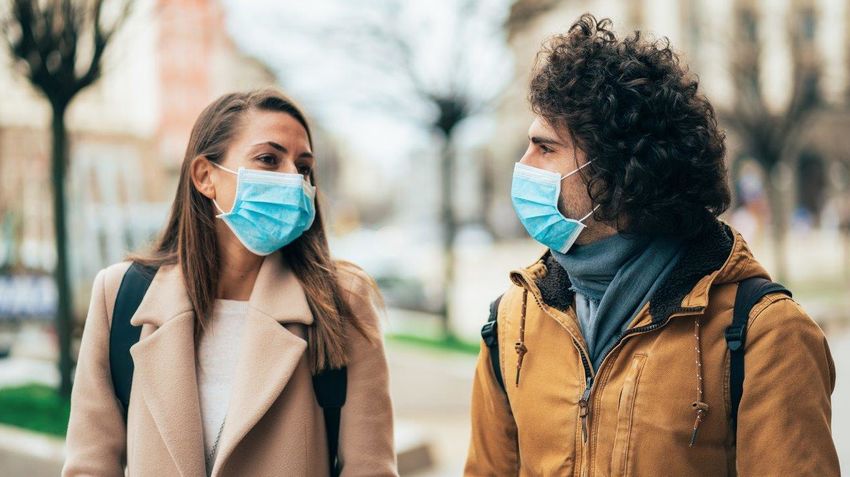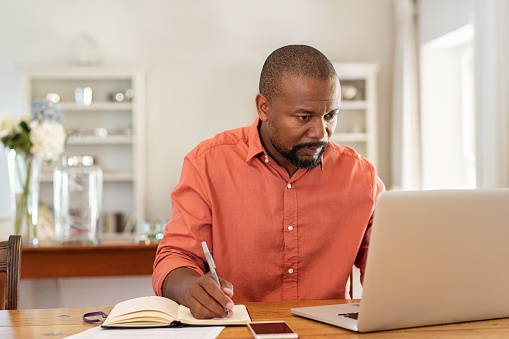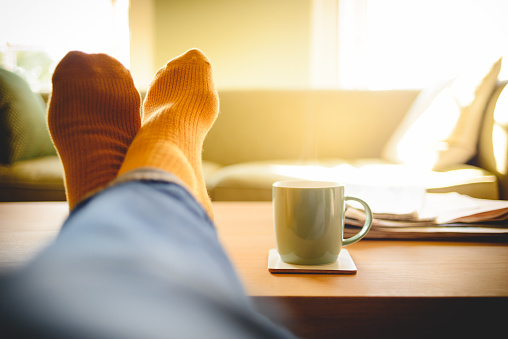
How to reduce pandemic-related stress identifies six sources of stress, and suggests stress reducers to mitigate health problems that may occur from prolonged stress. Just when we thought we were coming out of the woods. Bang, comes the Covid-19 omicron (B.1.1.529) variant bringing new waves of fear, panic, and frustration.
The bad news is that all these negative emotional feelings are a good breeding ground for stress. And of course, you know what stress feels like: your pulse quickens, your face is hot, your lungs squeeze shut, and your ears ring. Then you wonder if this is the time your head actually explodes. Sensing anxiety overload, your brain sends a chemical surge that makes your blood vessels narrow. Your heart races, blood pressure rises, and muscles tighten. Your body is mobilizing to deal with threats. This is what happens to your body the time you switched on your TV and the breaking news revealed a new Covid-19 omicron variant ‘is of concern’. Oh, no! Not again, you muttered.
While the good news is that nature has a good plan to prevent your body from being subjected to high levels of the stress hormone cortisol. And you probably already know what is involved in long-term, big-commitment stress reduction. What you may not know is that you can ease stress reducers into your life right now. Accordingly, this article on how to reduce pandemic-related stress identifies six sources of stress and suggests stress reducers as follows:
#1 Failing Economy

Anytime the economy worsens, our stress level is on the rise. The economy is a significant source of stress, and for most people top stressor is money.
The current failing economy is largely triggered by global lockdowns and border closures in the early season of the pandemic. Not surprisingly, pandemic stress is taking its toll on people’s health and overall well-being. This is because there are more physical and emotional symptoms of stress such as headaches; stomach cramps aches, skin problems, fatigue, irritability or anger, and insomnia.
Stress reducer: Avoid the economy doom-and-gloom analysis
How to reduce pandemic-related stress from a failing economy is not to get caught up in the economy doom-and-gloom analysis. Although people’s emotional and physical health is more vulnerable, given the high levels of Covid-related stress globally. However, you can survive by paying attention to what is happening by taking stock of your situation, and what causes you stress.
You may also want to reach out to family, friends, and trusted advisors. And talk through, directly and respectfully, the problems that are the sources of money anxiety. According to research, talking to others is effective in managing stress. But if you continue to feel overwhelmed by stress, then consider speaking to your doctor.
How Money Impacts Your Wellbeing
#2 Vaccine Inequity

“Vaccine inequity is the world’s biggest obstacle to ending this pandemic and recovering from COVID-19,”
Dr Tedros Adhanom Ghebreyesus, DG, WHO
What does this mean for you? Your being able to have access to vaccines means protection against diseases, while your economic activity also improves. On the other hand, vaccine inequity increases mortality and infections which may overstretch the health system.
Stress reducer: Simple! Follow safety protocol on Covid-19
So, to put your mind at rest, if you have access to vaccination, seize that opportunity. Otherwise, if you don’t, follow the safety protocol for Covid-19 prevention such as wearing your mask in public, observing physical distancing, and avoiding crowded areas. Also included are washing your hands frequently, working from home if necessary, and testing for the Covid-19 virus.
#3 Fear Of New Variants Surfacing

Since the advent of covid-19, the world has experienced different variants from alpha, beta, and delta to a more frightening omicron. Each variant caused much anxiety and helplessness in society with scientists battling fiercely to mitigate its effect on people.
Stress reducer: Letting go of what you can’t control
Covid-19 is nature telling us something is wrong. The virus is a microbe you can only see under a microscope. All you can do is prevent it from spreading by protecting yourself and those around you. This requires attitude changes. Since you can’t really control what other people do, accepting that and having your peace subsequently reduces stress.
#4 Uncertainties, Misinformation

Since March 2020 when the first Covid-19 patient was exposed, till now, it has been a roller coaster of uncertainties, misinformation, worries, anxieties, and anger. There is also a lack of trust between countries and their people. All these bring untold physical and emotional stress which in turn trigger health problems such as heart disease, stroke, cancer; gastrointestinal problems, eczema, asthma, and depression
Stress reducer: Indulge in a healthy lifestyle
Though many people would tend to think they are managing their stress well. But fewer people actually exercise to deal with stress. There are also some unhealthy coping strategies such as overeating or choosing unhealthy foods to deal with stress, alcohol consumption, and smoking. Therefore in order to stay healthy during this period of uncertainty, it is better to indulge in a healthy lifestyle. This means healthy eating, exercising, and getting adequate sleep. These will benefit your emotional and physical health.
#5 Poor Global Covid Coordination

From day one, the response to Covid-19 has been knee-jerked, unilateral, and country ‘first’, rather than a globally coordinated approach. In addition, the fight against covid-19 prevention has been between the rich, and middle-income countries on one hand. and the poor low-income countries on the other. There is so much suspicion around, placing the politics of covid-vaccine on the center stage. And subsequently questioning the right to self-determination between the vaccinated and unvaccinated.
So when the issue of poor global coordination of Covid-19 efforts is causing your stress level to spiral out of control, a quick way to re-center is to remind yourself of what’s most important in your life.
Stress reducer: Reflect and focus on what you value
Researchers found out that people who had reflected on their most cherished values had a lower stress response than on matters that didn’t mean much to them. By reflecting and focusing on people that are important to you, the stress becomes less of a threat and more of a challenge. So when the politics of Covid-19 wants to get you in a twist, think about people important to you, and how you have been a good spouse, mother, daughter, sister, or friend. Confirmations of close relationships are powerful sources to draw on. Let the politicians handle world problems. That’s what they’ve been voted to do.
#6 Disruption Of Your Plans

Travel restrictions due to Covid-19 are playing a major part in disrupting your plans. For instance, just recently, the World Health Organization said a newly identified coronavirus variant in Southern Africa was “of concern”. Immediately, countries around the world moved to restrict travelers arriving from that region to keep the infection from crossing its borders. Even if there is no proof yet that the variant is more contagious or lethal, or could diminish the protective power of vaccines.
Stress reducer: Organisational and personal change
It is important to be aware that as long as 75% of the world population is not yet vaccinated, a new variant can spring surprises. As a result, your best bet is to input shocks and alternative plans into your work funnel. This means planning ahead, delegating chores equitably, and always having a plan B or C.


